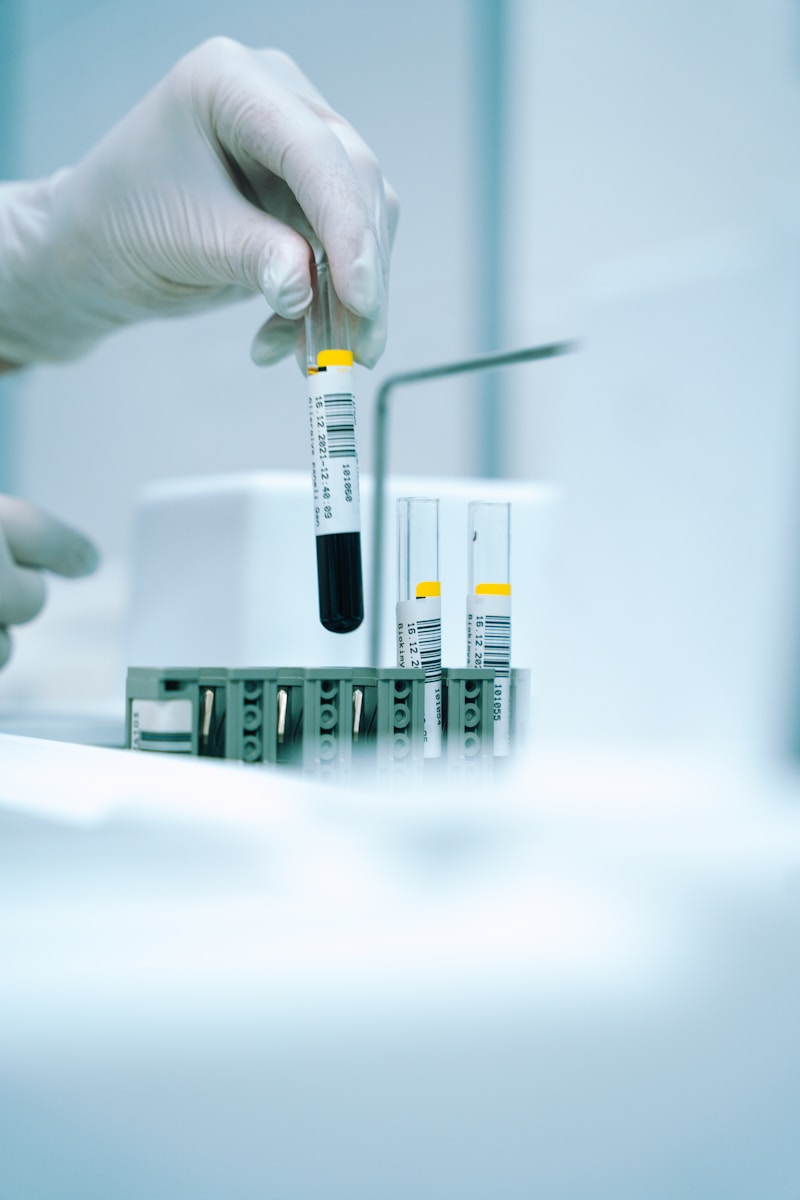Dengue is a mosquito-borne viral infection caused by 4 serotypes of DENV, affecting over 100 million people annually. This virus is prevalent in regions such as South America and Southeast Asia, but it has spread to North America, Europe, and Africa. It has been shown that a second infection by a different serotype increased the risk of developing severe disease, partly due to a phenomenon known as Antibody-Dependent Enhancement (ADE). The ADE is caused by the presence of cross-reactive, sub-neutralizing antibodies from the primary infection. We observed increased T cell activation in asymptomatic dengue viremic individuals. This finding suggested a major conceptual shift for dengue vaccine development, aiming at eliciting T-cell immunity, which could circumvent the effect of ADE. How the antigen-presenting cells selected viral peptide and presented it with HLA to activate T cells is not well understood. The lack of this knowledge makes it difficult to design vaccines targeting T-cell. Therefore, we will conduct a comprehensive analysis of T-cell responses in blood donors in Thailand against the complete DENV proteome. The main goal of this project is to understand the role of T-cell response against dengue virus (DENV), including 2 specific aims: • To characterize the relationship between human leukocyte antigens (HLAs), dengue viral peptides, and T cell receptors (TCRs) in dengue-exposed individuals • To study the function of each T-cell clone (CD4 and CD8) characterized by their TCR.
This website uses cookies to improve your experience. We'll assume you're ok with this, but you can opt-out if you wish. Read More


